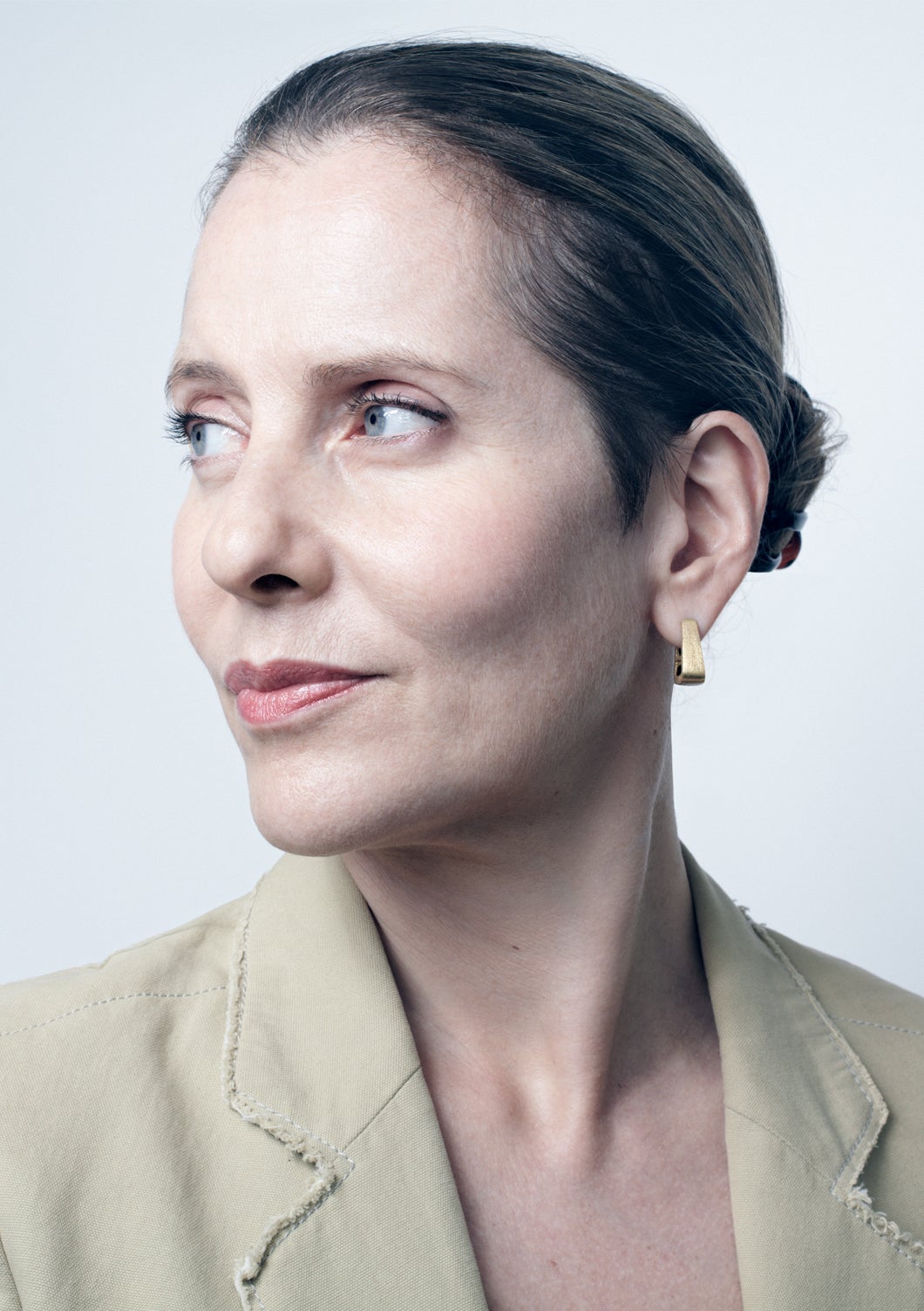MoMA curator Paola Antonelli says it’s time for men to start imitating women
“I really do believe that design is the highest form of creative expression,” Paola Antonelli declared in a 2013 TED talk.


“I really do believe that design is the highest form of creative expression,” Paola Antonelli declared in a 2013 TED talk.
A senior curator and director of research and development at New York’s Museum of Modern Art (MoMA), Antonelli is a tireless global ambassador for design in all its iterations. After all, design is elastic: analog and digital, material and metaphysical, and everything in between. Through exhibitions, research projects, articles, and her excellent salon series, Antonelli is expanding the public understanding of design as “a renaissance attitude that combines technology, cognitive science, human need, and beauty.”
With her eloquent, high-minded prose and generous Italian manner, Antonelli continues to topple pervasive stereotypes about design. Her egalitarian philosophy can be seen through a sample of her influential MoMA exhibitions: Humble Masterpieces, Design and the Elastic Mind, Design and Violence, and her latest show, Is Fashion Modern? She’s also championed the inclusion of unexpected “objects” in MoMA’s permanent collection, such as video games and Google Map’s drop-pin symbol, deftly defying critics along the way. Without design, Antonelli says, “life would not happen.”
In an interview with Quartz, Antonelli discusses her next project, why curiosity makes us good citizens, and how smart design can help us in the event of the singularity.
1. What’s your big idea that other people aren’t thinking about or wouldn’t agree with? Why is it so important?
I am working on the next Triennale di Milano, which will be called “Broken Nature.” The project focuses on the many broken strands in our relationship with nature: at all scales, from the microbiome to the cosmos, and including human communities and cultures. Whenever a strand is torn, nature’s loss is also humans’ loss. Precipitously in the past two centuries, some bonds—in particular concerning natural resources and the environment—have been severed irreversibly. Others, ruptured in the past, might be salvaged, but only with well-conceived reparations. Other strands, especially those connected to human rights, have been reassessed and sometimes created anew, but they are still very vulnerable and often under attack.
Design can provide not only tactical creativity but also focus and strategy. Even to those who believe in the Anthropocene and the singularity, and thus expect the human species to become extinct at some point in the (near? far?) future, design can provide the means to plan a more elegant ending. It can ensure that the next dominant species will remember us with a modicum of respect, as dignified and caring, if not intelligent.
2. What behavior or personality trait do you most attribute to your success?
Curiosity, because it has kept my mind always wide open. In order to satisfy it, I have to be a good human and citizen. That’s because respect is the key that opens all doors.
3. If you could make one change to help women at work, what would it be?
I would make sure not only that they train and begin careers, but that they stay in them. It will take a long while before we have true parity (at least in the US and in Italy, my two countries), so let’s begin on the one hand with effective childcare and other support programs, and on the other let’s think long-term and continue to move society toward cultural change.
4. At the start of your career, what do you wish you had known? What, if anything, do you wish you had not believed?
I have no regrets. I value the learning process, however tough, and I cherish my life, warts and all.
5. When in your career did you feel most despondent, and what did you do to turn it around?
I took a loooong break and created distance and perspective.
6. A key part of success is building strong professional relationships. What practice do you use to cultivate them with your colleagues?
Once again, respect is the key.
7. What’s the best advice you’ve ever received?
I remember examples better than I remember advice. One of the people who taught me the most is Giulio Castelli, who was the founder of Kartell, the plastics furniture company. He taught me how to be a good boss, a good partner in a long-lasting marriage (70+ years!), a good advocate for design, a good colleague, and a good human being.
8. If there’s one thing men can do to improve women’s life at work, it would be…
They should try to imitate women’s attitude and social behavior. For centuries, women have been doing the reverse. I believe that using a female paragon will give humanity a better chance.
Bonus Questions:
The mountain I’m willing to die on… is that design is one of the most important field of human creativity, high up there with art, and—added bonus—it is not art.
I wish people would stop telling me… no.
Everyone should own… a soul.
This interview is part of How We’ll Win, a project exploring the fight for gender equality at work. Read more interviews with industry-leading women here.